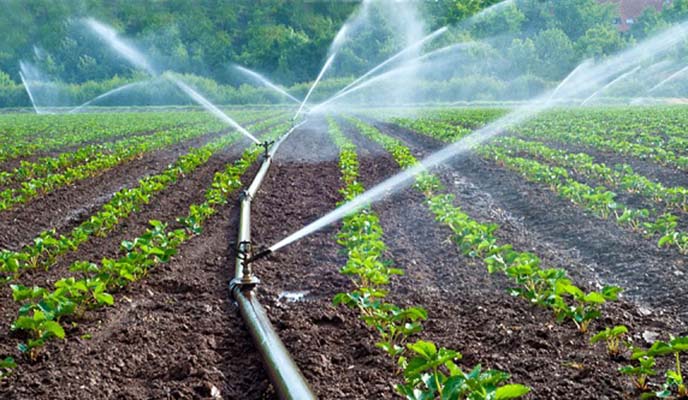‘Water availability key to food security’
To address this issue, the organisation has started drilling boreholes and installing solar-powered pumping systems in Mwenezi, Chiredzi and Masvingo, which are some of the country’s most drought-prone areas.
The lean season comes after food stocks dwindle some time after harvesting, a situation which normally becomes more severe before and during the summer cropping season when vulnerable families often skip meals.
Mwenezi Development Training Centre (MDTC) executive director Promise Makoni told NewsDay Farming that they are implementing the food assistance for assets (FFA) project aimed at addressing immediate food needs of 2 000 households in four wards.
“With support from the United States Agency for International Development through the WFP we are implementing several projects,” she said.
“We are currently implementing the food assistance for assets project which is addressing immediate food needs of 2 000 households in four wards of Mwenezi while constructing productive assets that will enable the communities to be resilient to shocks and stressors in the future.
“We are drilling three boreholes and installing four solar-powered pumping systems. The project will also provide clean and safe water to 524 schoolchildren at Matande Primary School in ward 2, through installation of a 2,5km delivery pipeline. We are going to establish 2 000 handwashing facilities at household level.”
Recently, many Mwenezi villagers received food assistance under the UN food agency’s food for work programme which included construction of small infrastructure like dams and gardens.
The programme seeks to promote food security and resilience to exposure to multiple shocks and stresses.
Makoni said the project was multifaceted and would cover food security, livelihoods and water sanitation and hygiene.
She said despite Mwenezi being a dry district, they were able to produce horticultural products throughout the year.
“Mwenezi is one of Zimbabwe’s drought-prone districts, we are also implementing Zambuko Resilience Initiate in Mwenezi, Chiredzi and Masvingo and as MDTC we are focusing on small livestock production such as poultry, goats as these can provide livelihood opportunities to communities in case of droughts,” she added.
Through the FFA project, communities have acquired knowledge on horticultural production, small livestock production, have clean water and they are also realising improved incomes from the sale of their horticultural produce and other income-generating projects.
However, the country’s food and nutrition security situation continues to be negatively impacted by a combination of factors that include macroeconomic conditions, poor crop productivity and a lack of economically viable alternative livelihood options.
According to the Hunger Hotspots report published by the United Nations’ Food and Agriculture Organisation and WFP in September 2022, Zimbabwe continues to be among the top 19 countries where food insecurity is rising.
Communities are also receiving support for small livestock production such as poultry and goats.
Smallholder farmers are also being trained to grow small grains such as millet since they are drought tolerant.
A beneficiary of the programme, Peter Mangana from Mwenezi ward 6 told NewsDay Farming that the Zambuko Resilience Initiative had provided them with a lot of livelihood opportunities such as training on small livestock production.
“The Zambuko Resilience initiative has provided us with a lot of livelihood opportunities; we have been trained on small livestock production such as goats and chickens. We are now able to generate income from these small livestock in case of droughts.
“We have also been trained on conservation farming and production of drought resistant crops such as pearl millets, sorghum and cowpeas, which are more suitable to our dry region. We also have been trained on Village Savings and Lending Association,” he said.
WFP supports rural farming communities to enhance water and agricultural infrastructure, offering training on climate-smart farming techniques and promoting traditional small grain production, nutritionally diverse horticulture and animal husbandry.
Interventions focus on enhanced entrepreneurial and financial literacy, while working to improve nutrition and health awareness and addressing gender norms, social prejudice and other barriers to inclusive rural development.-newsday












